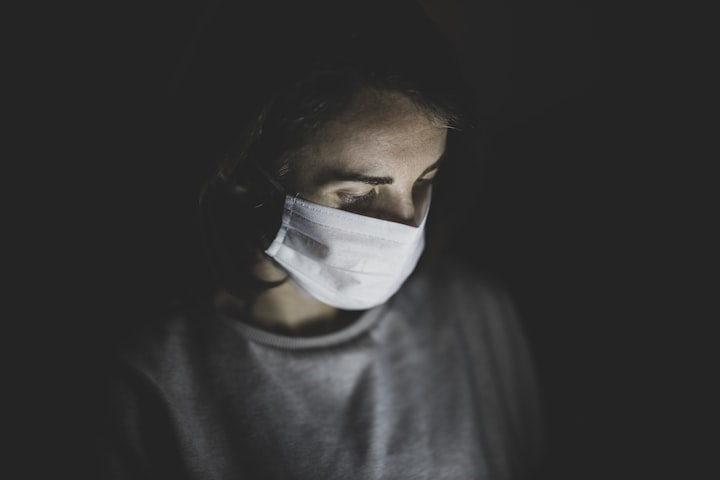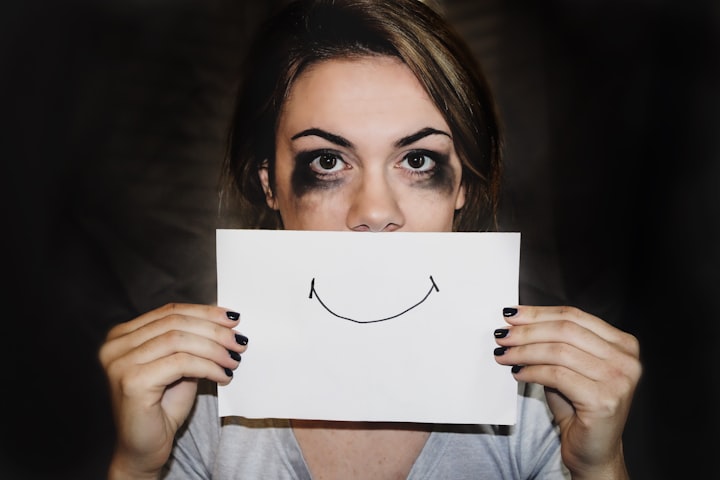Coronavirus: How To Face And Overcome The Fear Of Contagion?
Psychologists point out the importance of keeping calm and always being informed by truthful means.

It is at the center of almost every conversation. Nowadays, nothing else is being talked about. The coronavirus has become a global problem affecting thousands of people around the world and there are already fears that it could develop into a pandemic of hitherto unknown dimensions.
The proximity has unconsciously increased the fear or phobia of contagion. These are emotions that we must control, as psychologists point out, in order not to panic and to face the situation in the best possible way.
But how to manage anxiety and concern about this health problem and how to overcome the fear of contagion?
How epidemics affect us on a psychological level
Experts assume that there is nothing more contagious than fear. These days there is much talk in the media about the medical and economic-sociological consequences of the virus, but we should not underestimate the psychological consequences generated by epidemics.
Over information causes in some people an excessive concern to get sick or die, experts explain.
Psychologists point out that the precautions that should be taken into account can be turned against us when they become an unnecessary obsession.
It is legitimate to get information only from serious sources such as the World Health Organization's website to avoid spreading false news. Information is sometimes sought and shared without being contrasted.
We must avoid being interested in alarmist information. Let's think that when a news is negative it is usually reiterated much more than when it is positive, besides there are media that feed the morbidity because they live from it, as citizens we have to be critical and recognize this.
The press must offer truthful, sufficient and continuous information to avoid rumors and hoaxes that cause so much harm. Truthful information is the weapon to fight panic.
Can the fear of contagion be overcome?

In the opinion of specialists, fear is a normal and necessary emotion like all others.
It is a physiological reaction of defense and adaptation that activates the state of alarm in the face of potential threats. So far it would be useful and functional, but there is a fear that is no longer adaptive: when it is a disproportionate reaction by intensity and frequency and limits our daily activity.
To overcome the fear of virus infection, as with other types of fear, the first thing to do is to accept it. Use this fear only as a tool to motivate reasonable self-care routines.
It is also necessary to differentiate between fear and phobia. When it is a phobia, it is advisable to go to a psychology professional because in this case the anxiety is so high that it will be difficult for the person to control him/herself on his/her own.
Of course, fear itself does not have to be bad, it is a human reaction and the threshold is different in each person.
Fear is not only generated by real situations but also by our thoughts, such as when we give too much importance to something and spend too much time thinking about it.
The key is to control emotions so that they do not turn into psychosis.
What are the recommendations to try to achieve this?
Assess our real situation, whether or not we have been exposed to the virus. If the answer is negative, there is no need to worry. Do not anticipate the negative and do not dwell on fear.
We are going to do the things we did before, carry out the same routine and only when the experts and authorities say that we cannot do something, then act. It is important to continue with our usual routines.
If we go to work on the bus, let's keep taking it, going to the same leisure places, let's not exclude anyone without a reason, let's not let fear stop us or we may fall into a situation of emotional agitation without equivalence with reality.
Fear arises from ignorance and that is why it is important to follow an adequate information strategy, avoid isolation while maintaining a normal social life, do not get involved in conversations where everyone brings more alarm, avoid transmitting fears. We already know that nothing is more contagious than fear.
Change of name to avoid stigmatization

The problem has a multitude of derivations, also from a sociological point of view, which have even led to a change in the way the virus is named to avoid stigmatizing a population or country.
Thus, the World Health Organization has decided to give a different name to this phenomenon, catalogued as a virus that can create more political, economic and social upheavals than any terrorist attack.
Thus, the Wuhan coronavirus, in reference to the Chinese locality considered the 'ground zero' of the problem, is officially "COVID-19", as decided by 300 experts gathered in Geneva, aware of the power of words.
According to social constructionism, one of the theoretical currents of sociology, "words create reality".
Faced with the current risk caused by COVID-19, an organization as illustrious and recognized as the WHO is trying to take care of us socially through the use of language, although this renown is probably little used in local conversations, the intentionality of the high spheres is an invitation to become aware of our language.
About the Creator
HowToFind .com
More info at https://howtofind.com






Comments
There are no comments for this story
Be the first to respond and start the conversation.